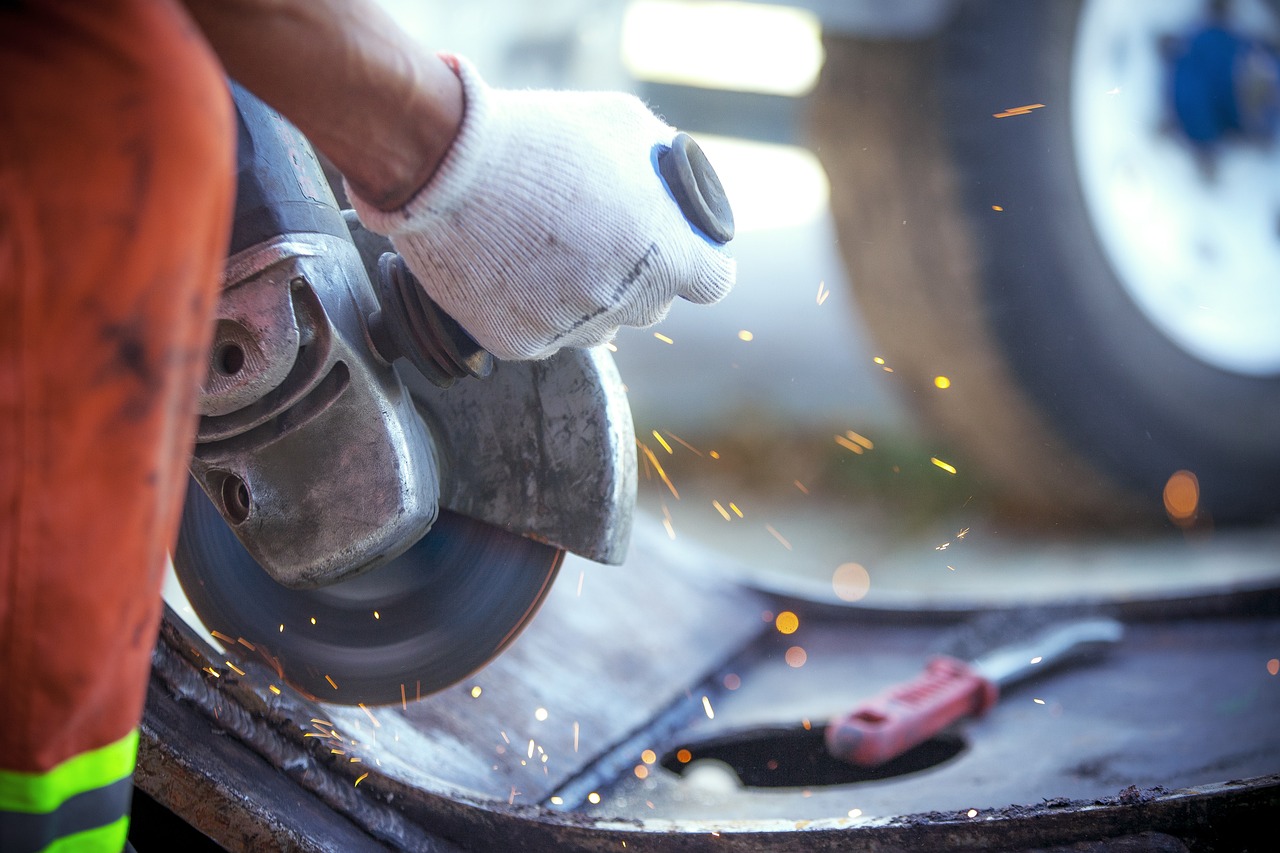Introduction
In the dynamic world of industrial service, efficiency and productivity are paramount. To meet the demands of today’s rapidly evolving industries, machine tooling has emerged as a vital component in achieving streamlined services. Machine tooling refers to the process of equipping machines with specialized tools and accessories to enhance their performance, precision, and adaptability. By incorporating advanced machine tooling solutions, industrial service providers can optimize their operations, reduce costs, and deliver high-quality products and services.
The Role of Machine Tooling in Industrial Service
Machine tooling plays a crucial role in enhancing industrial efficiency by enabling faster production, improving accuracy, and increasing the versatility of machines. One key aspect of machine tooling is the integration of cutting-edge technologies, such as computer numerical control (CNC) systems. These systems automate various manufacturing processes, allowing for higher production rates, minimized errors, and enhanced consistency. By leveraging CNC technology, industrial service providers can achieve faster turnaround times, reduce waste, and meet strict quality standards.
Another essential aspect of machine tooling is the selection of appropriate tooling components. Different industries require specific tools for various applications, such as drilling, milling, turning, or grinding. Machine tooling enables the customization and optimization of tools to meet these specific needs. For example, by using specialized cutting tools with advanced coatings and geometries, manufacturers can achieve higher cutting speeds, extended tool life, and improved surface finishes. This not only improves productivity but also reduces downtime for tool changes and maintenance.
Implementing Advanced Machine Tooling Solutions
To enhance industrial efficiency, service providers must embrace advanced machine tooling solutions. One such solution is the adoption of smart tooling systems that integrate sensors and monitoring capabilities. These systems provide real-time data on tool performance, wear, and temperature, enabling proactive maintenance and preventing unexpected breakdowns. By implementing predictive maintenance strategies, industrial service providers can reduce downtime, optimize tool life, and avoid costly interruptions in production.
Furthermore, the integration of machine tooling with digital technologies, such as artificial intelligence and machine learning, opens up new possibilities for optimization. By analyzing vast amounts of data collected from machine tooling systems, service providers can identify patterns, optimize machining parameters, and enhance overall operational efficiency. This data-driven approach enables continuous improvement and empowers decision-makers to make informed choices based on accurate and actionable insights.
Conclusion
In today’s fast-paced industrial landscape, machine tooling solutions have become indispensable for achieving enhanced efficiency and productivity in industrial service. By leveraging advanced technologies and customized tooling components, service providers can optimize their operations, reduce costs, and deliver high-quality products and services. The integration of smart tooling systems and digital technologies further enhances performance, enabling proactive maintenance and data-driven decision-making. As industries continue to evolve, the role of machine tooling will continue to expand, providing innovative solutions to streamline industrial service operations and meet the demands of a rapidly changing market.






